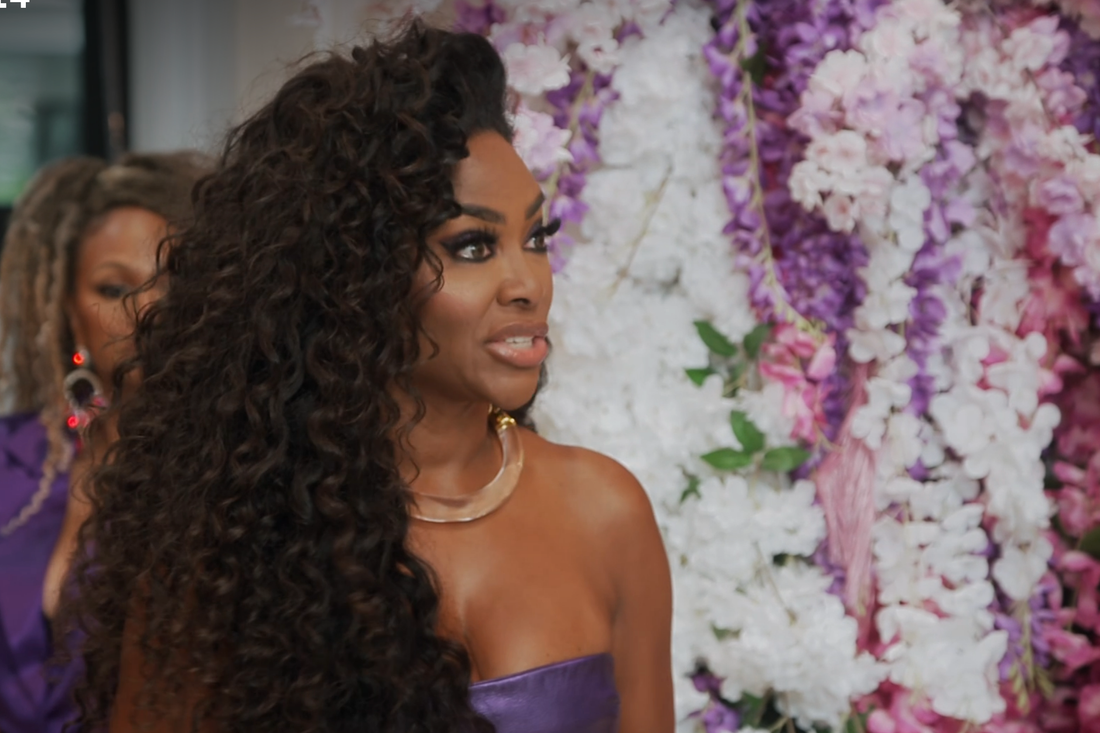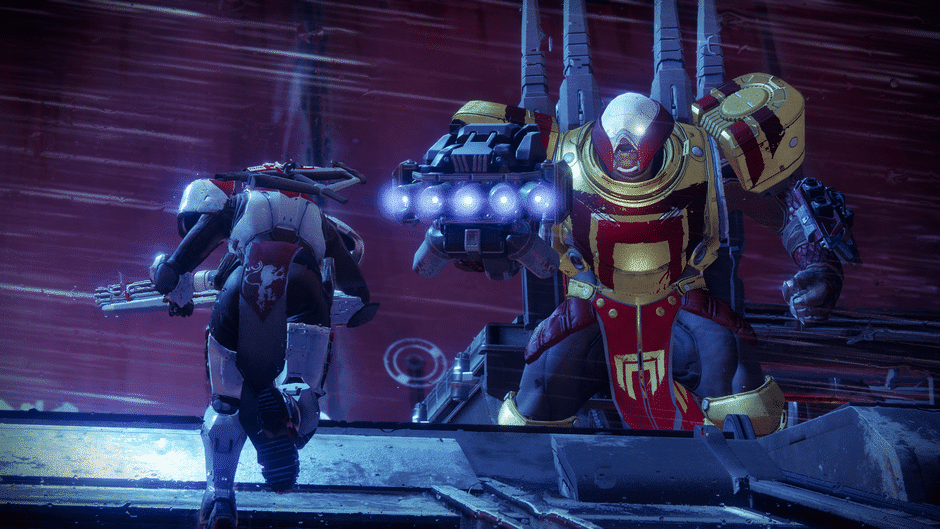RHOA Kenya Moore Revenge Porn Incident, Explained

During the April 6 episode of RHOA, Eady arrived at Moore’s salon opening with flowers and an apology note. However, Moore chose to disregard both the gift and the apology. Addressing the crowd, Moore asked for their attention before expressing her frustration about people trying to undermine her without cause. She went on to say that she was tired of it and found Eady’s actions insincere. After this, Eady left the party. Moore continued speaking to the crowd, stating that she dislikes falsehoods and doesn’t want deceitful women around her. Kelli Ferrell attempted to keep the card but Moore demanded it be destroyed. “I looked into it,” Moore stated, “and I found out who this woman is.” She then displayed a series of posters with Eady’s picture on them, pointing out various alleged cosmetic procedures she had undergone. Moore then revealed another poster, stating, “See that? She used to be a video vixen.







